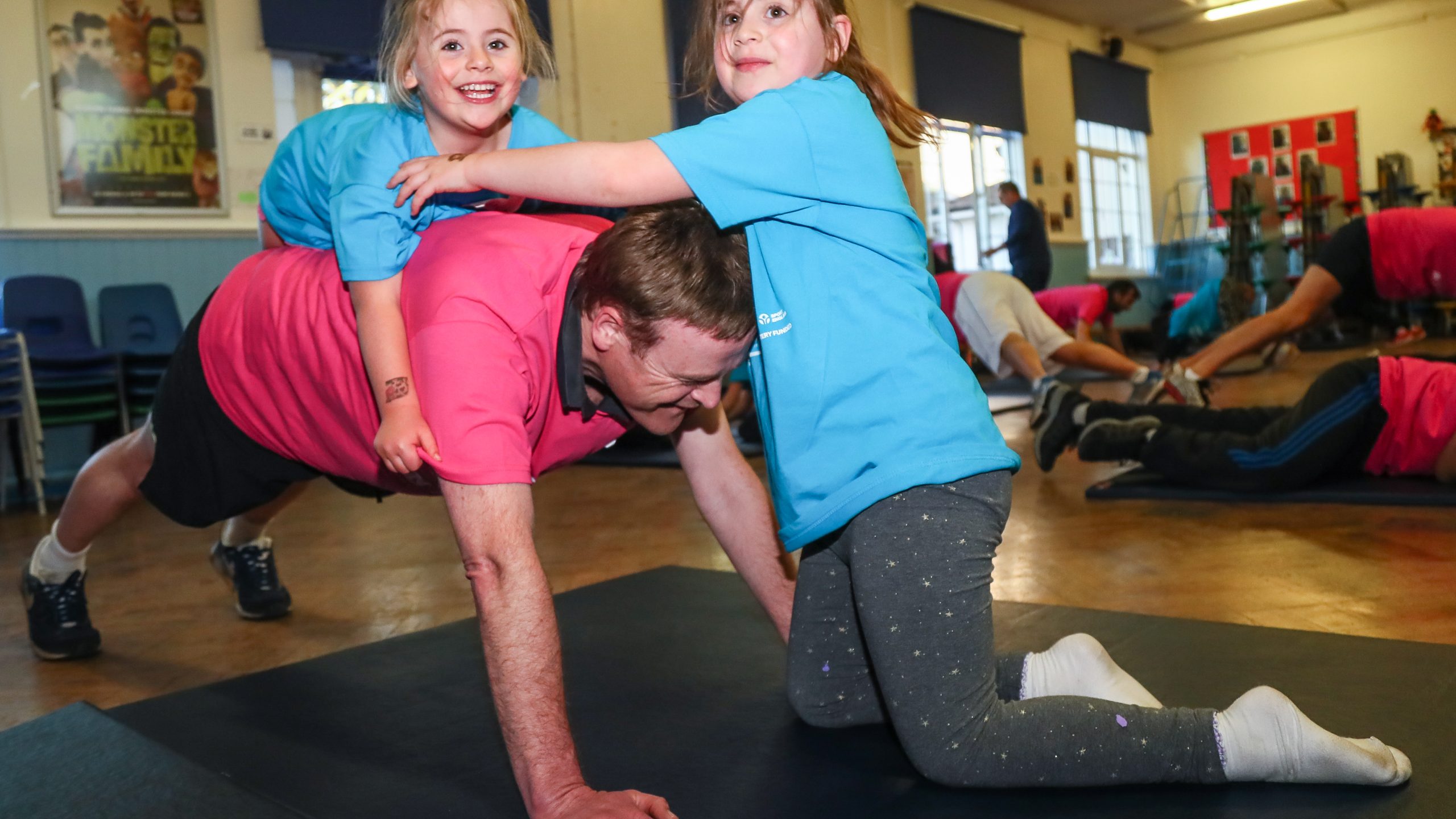Ahead of the 2019 Fifa Women’s World Cup, Women in Sport is teaming up with the Fatherhood Institute, Fulham FC Foundation, the EFL Trust and the University of Newcastle, Australia, to highlight the important role father and father-figures play in getting their daughters physical active.
The programme is supported through National Lottery funding from Sport England and replicates an award-winning initiative designed and delivered by the University of Newcastle, Australia.
The video campaign showcases women that have been influenced by a father or father-figure in becoming physically active through football. It also features stories from the Daughters and Dads participating in this new UK programme.
Women in Sport spoke to three women that have benefited from the support of their father or father-figure and now work professionally in the sports sector:
- Laura Hoggins, personal trainer, strongwomen and author
- Lucy Quinn, professional footballer for Birmingham City Women FC
- Anne-Marie Batson, broadcaster, and her uncle Brendon Batson, former footballer for Arsenal, Cambridge United and West Bromwich Albion
You can watch the full-length Daughters and Dads influencer video featuring all three women via Women in Sport’s YouTube channel.
The shorter clips are available via Women in Sport and the partners’ social media channels.
Daughters and Dads aims to increase physical activity levels, sports skills and social-emotional wellbeing of girls 5-11 years by challenging stereotypes about playing sport and physical activity and increase fathers’ confidence and ability to act as role models in relation to their daughter’s participation.
Mike Diaper, Sport England’s Executive Director, said: “We know that we need to do more to help girls and families from lower socio-economic groups get active, and one thing that hinders this is outdated gender stereotypes that can cause families to believe that physical activity is less important for girls than boys. We also know that parents and carers often see their role as helpers and less as role models in encouraging their children to be active. The Daughters and Dads programme at the University of Newcastle (Australia) has addressed these challenges, and successfully increased levels of activity amongst families.
“At Sport England we are delighted to be helping test if this successful model can be adapted to England to support us in our challenge to get more girls and families active through our National Lottery investment into Women in Sport who are working in partnership with the Fatherhood Institute, Fulham FC Foundation and the EFL Trust. We wish them all every success.”
We need to do more to help girls and families from lower socio-economic groups get active, and one thing that hinders this is outdated gender stereotypes that can cause families to believe that physical activity is less important for girls than boys.
Mike Diaper, Executive Director at Sport England
Professor Philip Morgan from the University of Newcastle, Australia, commented: “The beauty of the Daughters and Dads programme is that fathers and daughters act as agents of change. It encourages fathers and father figures to play a greater role in supporting their daughters to develop physical confidence and competence, while at the same time helping daughters develop the social-emotional skills to optimise their self-esteem”
Heather Smith, Associate Head of Innovation at Women in Sport, added: “As we look forward to this exciting summer of women’s sport it’s great that we can recognise the fathers and father-figures around the country who are supporting their daughters to get active and develop a love for sport. Whether they’re raising the next Lioness or playing in the park, the activities that fathers do with their daughters has a positive effect on their physical and emotional development. These videos show us just how much girls relish time they get to spend with their dads, step dads, brothers, uncles and grandpas. They also demonstrate the lasting impact that these experiences have as they grow into successful women”.

